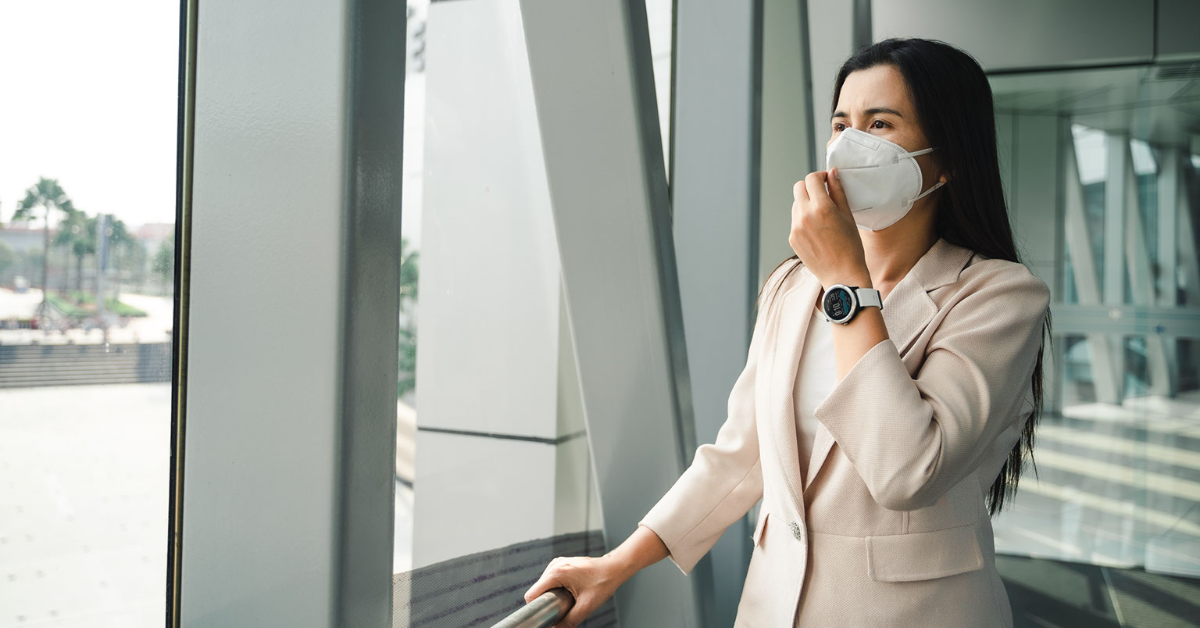The global outbreak of COVID-19 in March 2020 affected everyone. Measures to control the spread of the virus were taken, such as a lockdown. As a result, economic activities were slowed down and the traffic decreased enormously. This had a significant effect on the environment as the researchers say in the article “Impact of COVID-related lockdowns on environmental and climate change scenarios”.
The restrictions that were put in place to reduce the spread of COVID-19 provided some short-term positive impacts on the environment. This included temporary improvement in air quality, lower greenhouse gas emissions and lower levels of noise pollution. Unfortunately, the environmental gains were for a short duration of time and once the strict lockdown measures eased, traffic and air pollution surged back to normal levels.
Hence short-term effect was measurable; however, as Tanjena Rume and S.M. Didar-Ul Islam encourage readers in their study “Environmental effects of COVID-19 pandemic and potential strategies of sustainability”, we should focus on achieving long-term environmental benefits for a more sustainable environment.
During the pandemic there were also measures that have caused a negative effect on the environment. There was an extreme increase in medical waste and use of disposable and single-used plastics, such as masks, gloves, and tests. Medical waste is a major threat for both public health as well as the environment because it causes air, water, and soil pollution.
The lockdown has also caused a major increase in demand for online shopping and home delivery, which has resulted in a significant increase in household waste in the form of package materials. So, should a similar situation happen again, it is recommended to limit online shopping and look for sustainable protective personal equipment.



